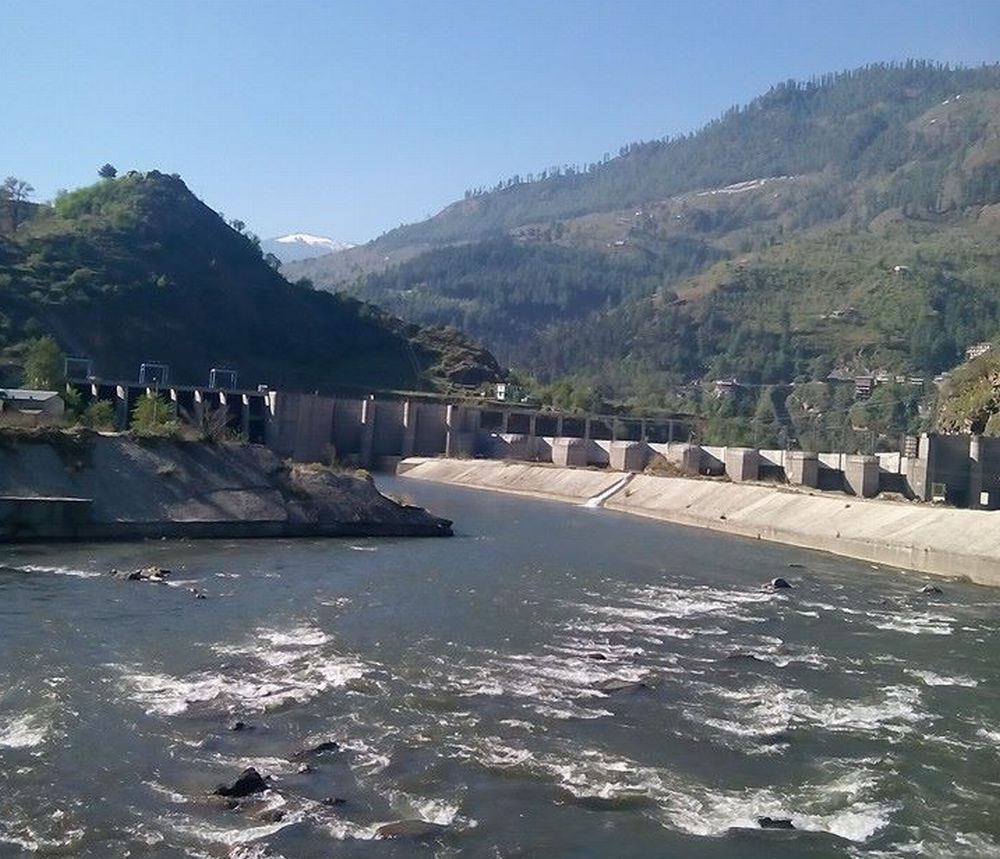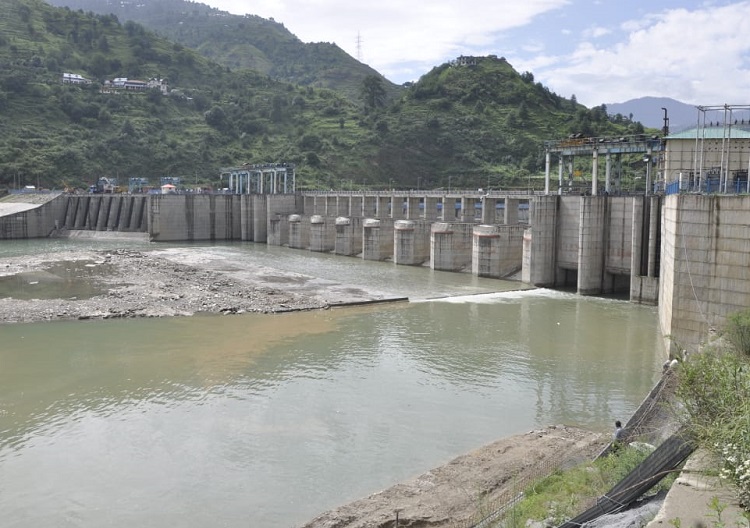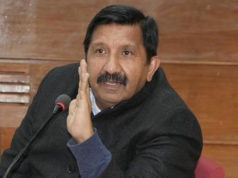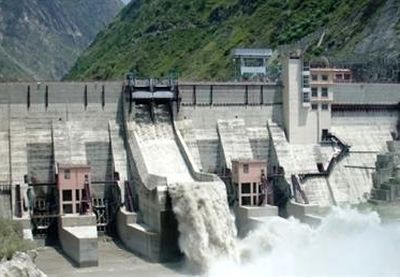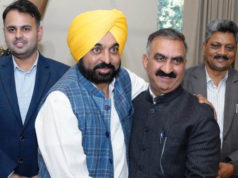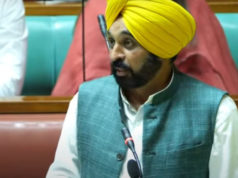In a resounding display of dissent, energy producers in Himachal Pradesh have taken a bold stand by refusing to comply with the government’s imposition of water cess. During a crucial meeting held at the state secretariat in four intensive phases on Saturday, these producers vehemently questioned the government’s policies, raising concerns that reverberated throughout the room.
Notably, even producers involved in projects with a capacity below 25 MW categorically dismissed the notion of paying the water cess, highlighting perceived flaws in the decisions made back in 2008. Surprisingly, representatives from prominent power projects, including those under central government undertakings, joined the chorus, adamantly declaring their refusal to contribute to the cess. Furthermore, some producers advocate for a reduction in the exorbitant water cess rates.
Rajesh Sharma, the State President of the Bonafide Power Producers Association, argued that power projects with a capacity below 25 MW should be entirely exempt from the burdensome water cess. He emphasized the glaring absence of any mention of this requirement in the government’s agreement with the producers, further bolstering their case. Sharma further articulated the dire economic realities faced by these producers, rendering the payment of water cess an unbearable burden.
Echoing his sentiment, he harkened back to 2008 when the government unilaterally raised the percentage of free electricity allocated to the government, triggering vehement opposition from numerous power project producers. The fallout from this contentious decision led to significant delays and, ultimately, the cancellation of several allotted projects after a gruelling 14-year wait.
The discontent among producers involved in larger-scale endeavours was palpable, as representatives from government undertakings made it clear that any further decisions would be contingent upon requests from the central government. As a glaring indication of their dissatisfaction, notable entities such as SJVN have abstained from registering for the water cess, underscoring the depth of this burgeoning crisis.
With the Jal Shakti Department, Finance Department, and Law Department officials present at the meeting, it becomes apparent that the outcome of this contentious issue holds far-reaching implications, demanding urgent attention and resolution. The report of the meeting, chaired by Energy Secretary Rajeev Sharma, is poised to be forwarded to the state cabinet, highlighting the critical nature of the government policy crisis unfolding in Himachal Pradesh.


